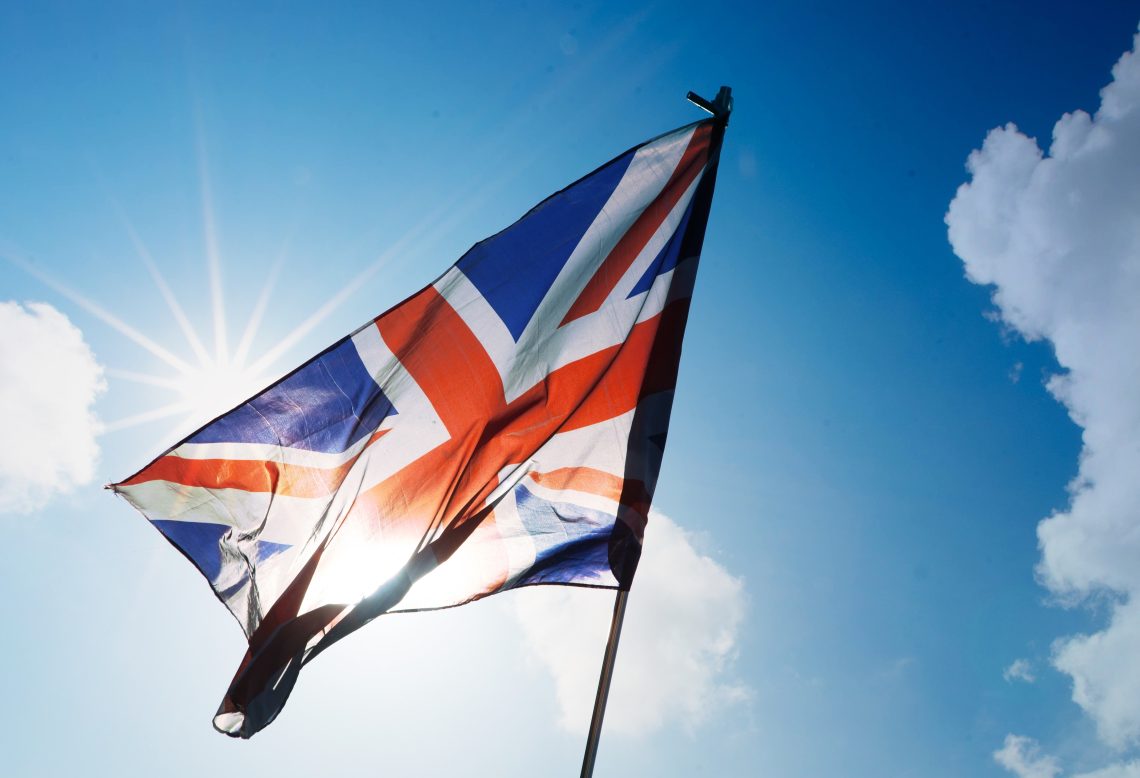The oppressive temperatures of a heatwave can have far-reaching impacts, from risks to human health to destroying crops and increasing the risk of wildfires. In 2019, extreme heat is estimated to have caused the deaths of 356,000 people worldwide, according to one set of estimates, making it one of the most dangerous yet overlooked natural hazards. While there is still a great deal of uncertainty about toll that heatwaves take (the World Health Organization estimates 166,000 people died between 1998 and 2017, by comparison), there is little doubt that the number of people exposed to heatwaves around the world is increasing.
How do you stay cool in a heatwave?
It’s crucial to stay cool in hot weather as it can have serious effects on your health. Fortunately, there are some simple steps you can take to find relief when the temperatures climb to uncomfortable levels.
Keeping out of the sun between 11am to 3pm – usually the hottest parts of the day – either by staying indoors or in a shaded area, is an obvious step. It is also important to drink plenty of liquid, including hot and cold drinks (unless it is very humid, in which case hot drinks aren’t the best idea). But it’s best to avoid drinking lots of alcohol, although a beer or two may still help to hydrate you.
Eating foods with high water content such as strawberries, cucumber, lettuce and watermelon can also help you to stay hydrated. Spicy and hot foods have also been shown to help us stay cool by making us sweat more.
You should also think twice before you open all the windows of your house to keep cool – if the temperature if higher outside than inside, you might lose a possible cool haven. Close the curtains in rooms where they face the sun instead.
One of the easiest ways to stay cool can be to take advantage of the temperature change in the air when water evaporates. Taking a cold shower or a swim can help you cool down quickly.
Sleeping in a heatwave
Temperature plays an important role in the human sleep cycle (and that of all mammals). As our bedtime draws near, our core body temperature typically fallsalong with our heart rate, and is thought to increase the familiar sensation of sleepiness. The veins in our hands and feet also open up to allow more blood through them, increasing the temperature of our skin and increasing heat loss.
But on hot, sticky nights, it becomes harder for our bodies to lose heat, meaning our ability to drift off to sleep is also affected. Hot night-time temperatures can also lead to more disrupted sleep, leaving people feeling more tired the following day.
The ideal room temperature for sleep is reported to be between 19-21C, although some research suggests we require our skin to be at a temperature of between 31-35C. Bed-sheets, duvets and night-time clothing such as pyjamas help to create a microclimate around our skin that maintains this optimal temperature.
The human body’s ideal temperature lies between 35.01C and 37.76C (95-99.9F), depending on how it is measured, although most medical experts accept an average of 36.8C (98.2F). When the surrounding air nears or exceeds this temperature, particularly when humidity is high, the body’s ability to cool itself weakens.
How to stay hydrated in the heat
Keeping hydrated is a consistent public health message – for decades we’ve been urged by health authorities to consume as much as six to eight glasses worth of water a day, or 2-3 litres. But when temperatures rise, the need to keep fluids up is even more important.
Without a continual topping up of water (which makes up between 60% and 70% of our body weight) we start to dehydrate. The first reliable sign of dehydration is increasing thirst, when around 2% of body weight has been lost. Dehydration occurs more quickly with physical exertion or exercise. Even mild dehydration can cause fatigue and tiredness, and overheating as the body stops sweating to preserve water.
Many of us instinctively reach for a glass of water, but it may not always be the best option. Milk may, in some cases, be better, as it contains small amounts of salt and sugar which can be lost through sweating. Coconut water also contains vital elements lost through excess perspiration.

